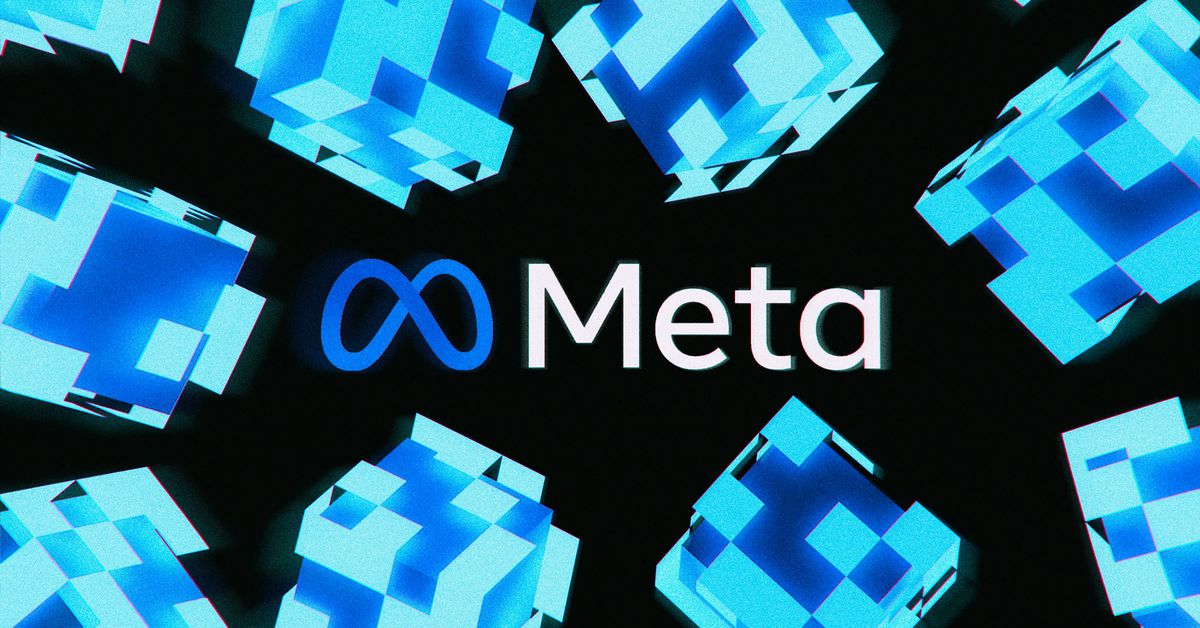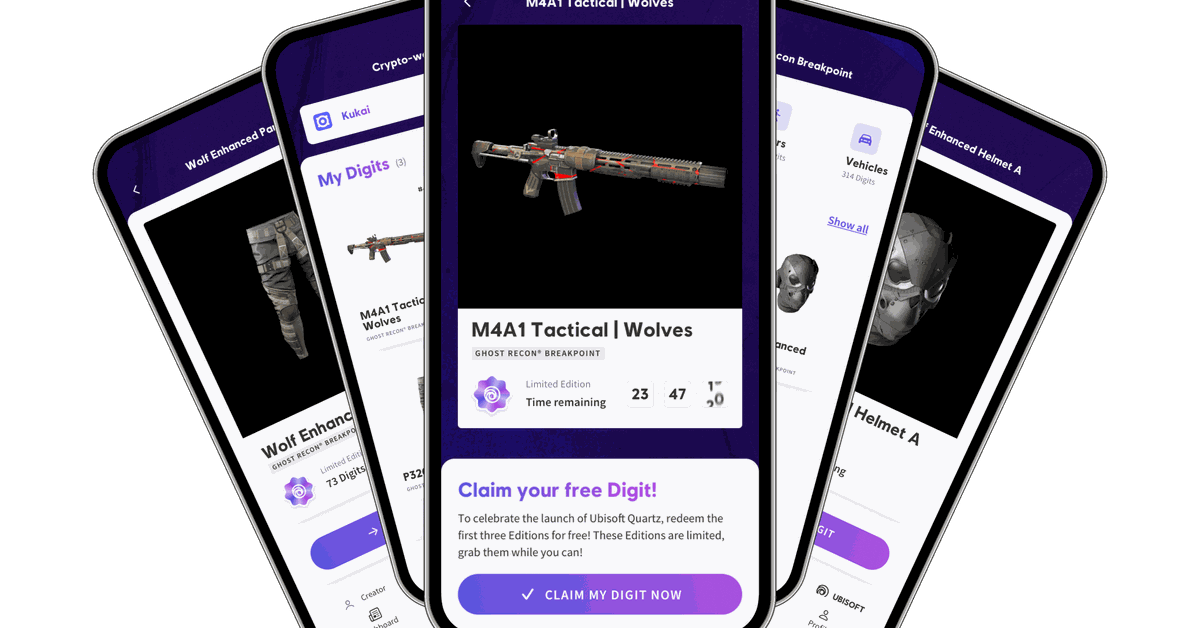
Did you miss a session from the Future of Work Summit? Head over to our Future of Work Summit on-demand library to stream.
Deci, an Israeli startup that helps enterprises build, optimize, and deploy AI to production, today announced SuperGradients — an all-in-one Python library to help build and train deep learning models for the most common computer vision tasks.
Enterprise AI developers often struggle to develop and deploy production-ready deep learning models. The overhead of integrating with various existing training tools and the effort to reproduce the training results for state-of-the-art models is time-consuming and causes headaches for beginners and experts alike. Various challenges affect the whole process, including data and model architecture selection.
“While developing deep learning models, in an attempt to achieve the best accuracy results, teams often face endless trial and error iteration as they try to find the best architecture for their use case and determine the optimal hyper-parameters and weights (among other training parameters). This leads them to go through various training repositories (which often have limited scope in terms of tasks they support) and spend a lot of time and effort trying to integrate different models into their code base,” Yonatan Geifman, cofounder and CEO of Deci, told Venturebeat.
SuperGradients for computer vision
To solve these challenges, SuperGradients, an open-source library developed by Deci’s deep learning experts, offers a wide range of pre-trained deep learning models that were tested in production environments for computer vision. With these models in a single place, developers no longer need to waste time scouring repositories. They can simply integrate them with their code base and fine-tune them to achieve better results faster.
“The big advantage of SuperGradients is that it enables easy development of a wide range of pre-trained models across all the major computer vision tasks using a few lines of code. These pre-trained models incorporate best practices and validated hyper-parameters for achieving best-in-class accuracy,” Geifman said.
“All of SuperGradients’ models are production-ready in the sense that they are compatible with deployment tools such as TensorRT (Nvidia) and OpenVino (Intel) and can be easily taken into production,” he added.
In addition to all commonly used models and plug & play hyper-parameters for training, dataset, and architecture, the library also provides some training recipes that outperform other training libraries, as well as code examples for a wide range of computer vision models to eliminate uncertainty and shorten the training lifecycle.
“SuperGradients’ built-in models and hyper-parameters enable practitioners to easily reproduce the training results for state-of-the-art models and adapt them for their use-cases and data. Reproducibility is key and having a stable repository that can easily be integrated into a company codebase and reproduce training results at any time is a big advantage,” Geifman said.
Results
According to enterprises that helped with the development of SuperGradients, the library not only shortened their development cycle but also helped reproduce state-of-the-art models with accuracy that outperformed results delivered by other training libraries or academic papers. For instance, in SuperGradients, one can find a semantic segmentation model that improves the reported accuracy by 1.5%, the CEO said.
For Deci, this is the third major announcement in recent months. Back in October, the company had raised $21.1 million in Series A funding to expand its sales, marketing, and service operations. Prior to that, it had partnered with Intel to optimize machine learning on the company’s processors. Overall, the capital raised by Deci stands at over $30 million.
As per Allied Market Research, the global market for the technology is projected to reach $41.11 billion by 2030, with a compounded annual growth rate of 16%.





/cdn.vox-cdn.com/uploads/chorus_asset/file/23952235/HT011_gmail_00010.jpg)
